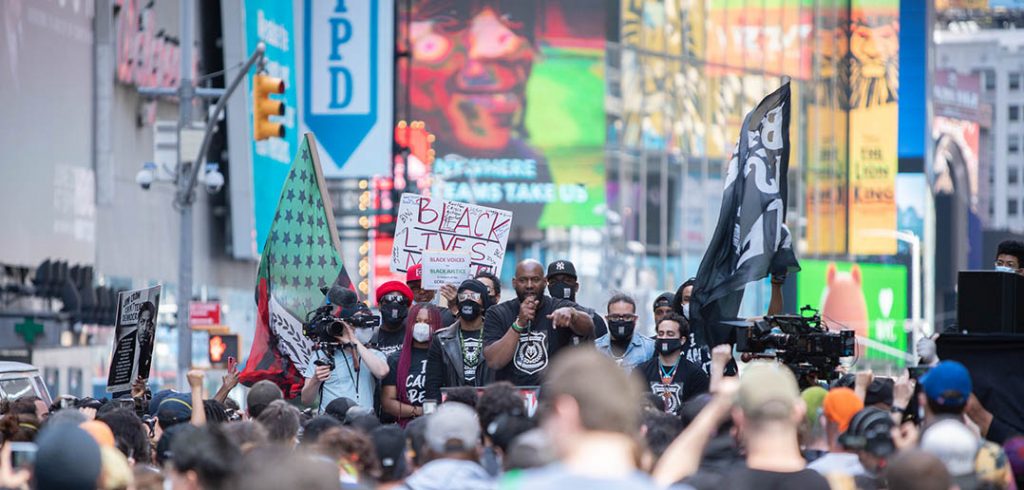In an op-ed published in The Washington Post, Professor and Center on Law, Race, and Justice Director Bennett Capers reviews Say Their Names: How Black Lives Came to Matter in America, a book featuring five journalists and their unique insights on the events leading up to last summer’s protests.
‘So given everything that’s happening, are you optimistic about real change? Pessimistic? Or is the verdict still out?” This was the question I heard again and again in the summer of 2020, when protests over the police killing of George Floyd seemed like a daily occurrence.
…
“Say Their Names: How Black Lives Came to Matter in America” may not answer that question. But it does do something else. By bringing together five journalists who each offer a take on the buildup to that summer, the book functions as a time capsule that hopefully will be useful to future historians as they assess not just the impact of the protests but also the history of the police violence, and the organizing, that led to them.
…
The book is certainly engaging. The one downside is that at times, it felt as if the five journalists were simply contributing chapters on the theme of Black Lives Matter without any unifying narrative. At the same time, the chapters were oddly similar in style. A reader could easily think that the book had been written by a sole author, perhaps reshaped from a feature published in some newspaper or another.
That said, coming at a time when we seem to be experiencing another backlash against racial progress — how else should we interpret the hysteria over the supposed teaching of critical race theory in schools? — the book is a welcome reminder of what is possible. And although it bills itself as recounting “How Black Lives Came to Matter in America,” it is much more than that, given its chapters on how the coronavirus wreaked havoc on Black communities, how the history of modern-day policing is inseparable from the history of slave patrols, Black organizing dating to the 1940s and broader issues such as income inequality.

